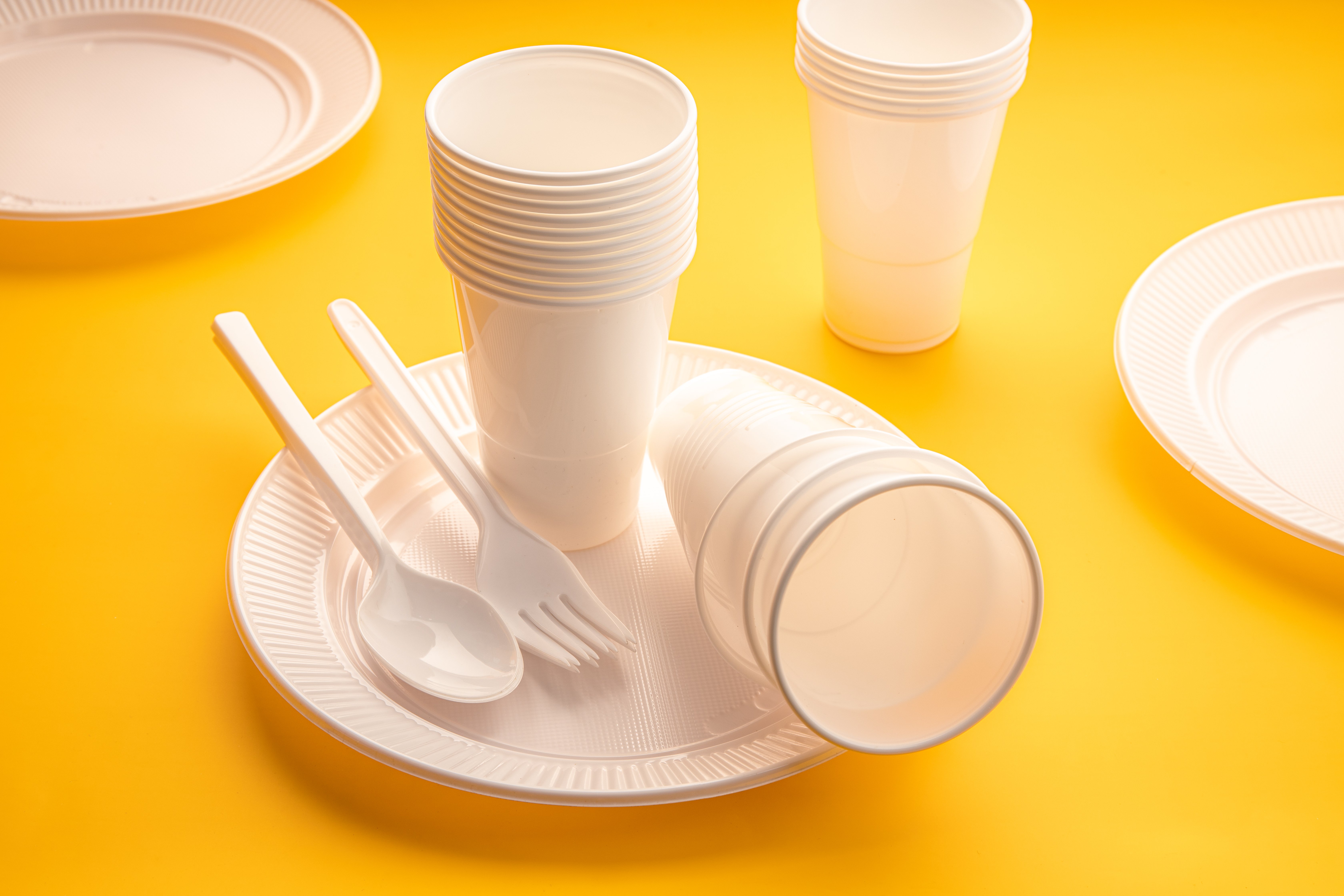We can provide a comprehensive solution to help recycled plastic manufacturers and recyclers fulfil the U.S. and EU safety and regulatory requirements for recycled food contact materials.
FDA Requirements
In the FDA guidance document, “Guidance for Industry: Use of Recycled Plastics in Food Packaging: Chemistry Considerations”, it mentions specific criteria that manufacturers should consider when establishing the safety and regulatory compliance of recycled polymers for food packaging, including the removal of any contaminants from prior use during the recycling process.
Under the FDA regulations, all food contact materials, like plastics packaging, must be of a suitable purity for their intended use as defined by Good Manufacturing Practices (GMPs). Recyclers can determine suitable purity of their recycled polymers during their secondary (e.g., physical reprocessing: grinding, melting, reforming) and tertiary (e.g., regeneration of purified starting materials: by methanolysis or glycolysis) recycling operations by removing contaminants via surrogate contaminant testing (challenge testing).
Letter of No Objection (NOL):
The FDA implemented a requirement in NOL Submissions for plastics recyclers and packaging manufacturers to conduct the Surrogate Contaminate Testing (more commonly known as the “Challenge Test”.) The purpose is to show evidence in the efficacy of a recycle process in removing contaminations in recycled plastics intended to come in contact with food packaging. The challenge test is designed to process surrogate contaminants in a virgin polymer through a recycling process to confirm that the recycle process is effective in removing contamination from feedstocks to produce a final product suitable for use in food packaging applications.
EFSA Requirements
Regulation EC 2022/1616 (repealing EC 282/2008) requires that the recycling process for plastic materials and articles eliminates contamination or reduces it to a concentration that does not pose a risk to human health. EFSA will evaluate whether this has been demonstrated in a challenge test, or by other appropriate scientific evidence.
Authorization Process:
The new regulation EC 2022/1616 set up different strategies of authorization, depending on if the process is defined as ‘suitable’ or ‘novel’. The competent authority verifies the recycling process at 3 levels: pre-processing, decontamination, and post-processing. In case of novel technology, the recycler needs to periodically publish data to prove decontamination during a defined period (at least 2 years). After this period, based on the EFSA review, EC concludes if the novel technology is suitable or not.
The Intertek Advantage
Intertek is one of the few companies at this time that is set up to assist our global clients with the entire process for U.S. and EU premarket clearance of the recycled materials to be used in food contact applications, including the challenge testing from start to finish.
We have experts in recycled polymers used in food contact packaging that can assist with every aspect of a NOL submission to the FDA and Authorization submission to EFSA.
Our complete solution includes:
- Expert review of your recycling process
- Evaluation and determination of next steps to obtain an FDA NOL or EFSA Authorization
- Conduct the contamination for the surrogate contamination testing
- Complete the required analytical work for the challenge test
- Support with testing for the FDA NOL / EFSA Authorization
- Assist with the application submission process to each entity

